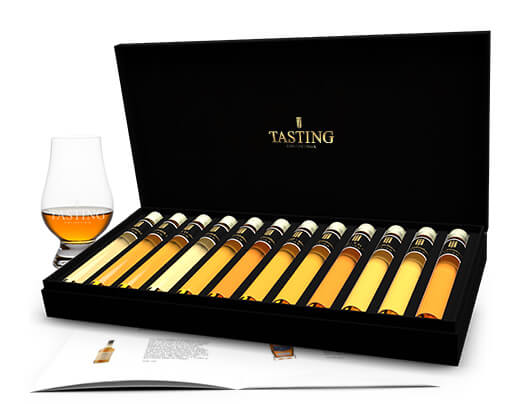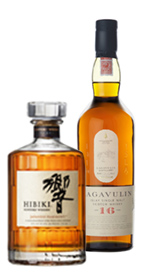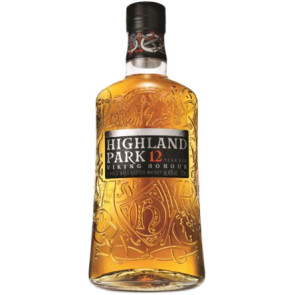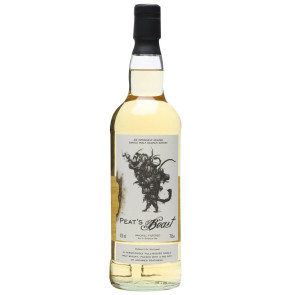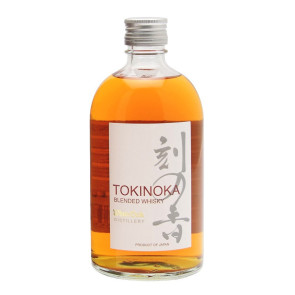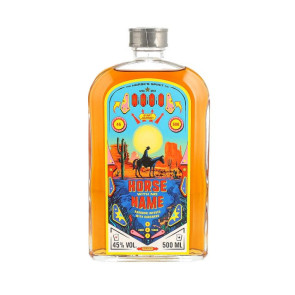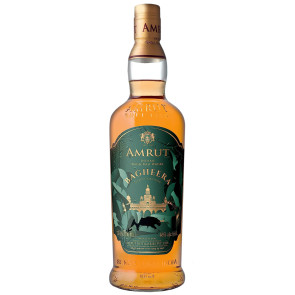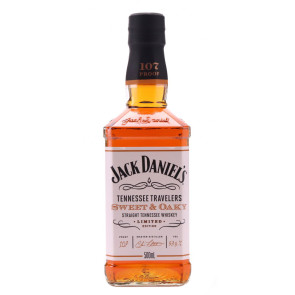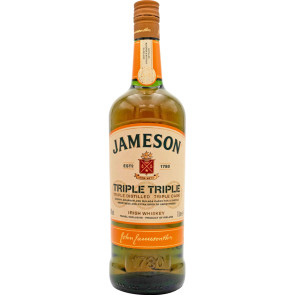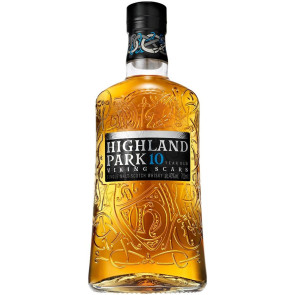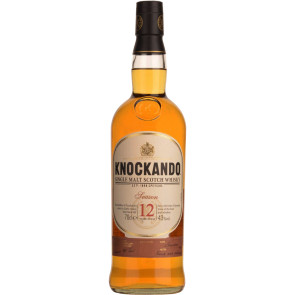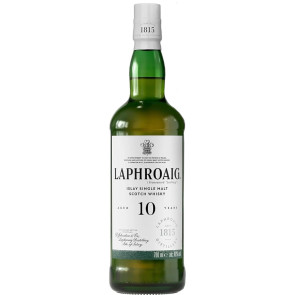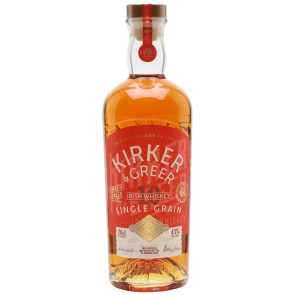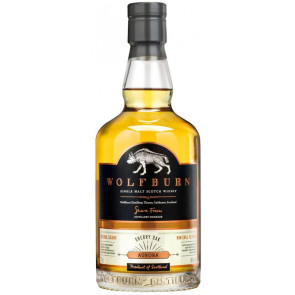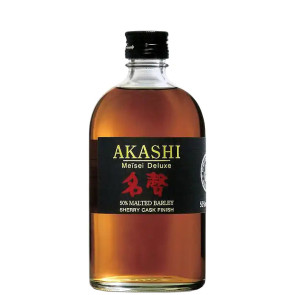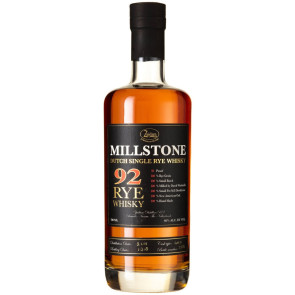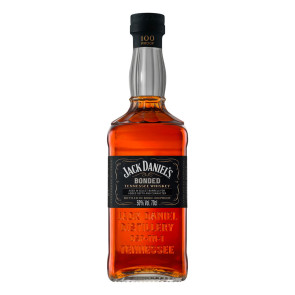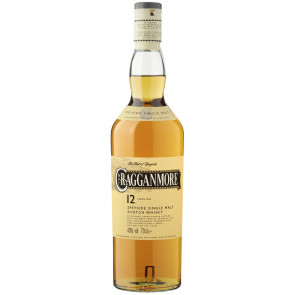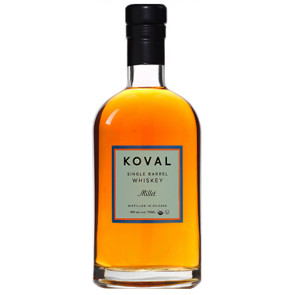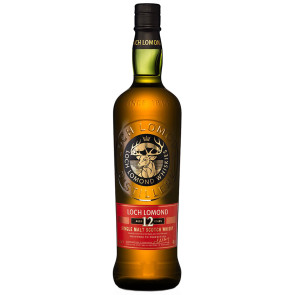WhiskyOrder your favorite whisky
|
-
Penderyn - Legend (0.7 ℓ)
€ 37.95 -
Highland Park, 12 Y (0.7 ℓ)
€ 38.50 -
Peat's Beast - Single Malt Unchillfiltered (0.7 ℓ)
€ 38.50 -
Tokinoka - White Oak (0.5 ℓ)
€ 38.95 -
Horse With No Name - Bourbon Infused (0.7 ℓ)
€ 38.95 -
Amrut - Bagheera (0.5 ℓ)
€ 39.49 -
Jack Daniel's - Sweet & Oaky (0.5 ℓ)
€ 39.49 -
Jameson - Triple Triple (1 ℓ)
€ 39.49 -
Highland Park, 10 Y - Viking Scars (0.7 ℓ)
€ 39.49 -
Knockando, 12 Y (0.7 ℓ)
€ 39.49 -
Laphroaig, 10 Y (0.7 ℓ)
€ 39.95 -
Kirker & Greer, 10 Y - Single Grain (0.7 ℓ)
€ 39.95 -
Wolfburn - Aurora (0.7 ℓ)
€ 39.95 -
Akashi - Meïsei Deluxe (0.5 ℓ)
€ 40.50 -
Glenmorangie, 12 Y (0.7 ℓ)
€ 40.50 -
Millstone - 92 Rye (0.7 ℓ)
€ 40.95 -
Jack Daniel's - Bonded (0.7 ℓ)
€ 40.95 -
Cragganmore, 12 Y (0.7 ℓ)
€ 40.95 -
Koval - Millet (0.5 ℓ)
€ 41.50 -
Loch Lomond, 12Y (0.7 ℓ)
€ 41.50
Whisky
Whisky is distilled beer made from fermented grain, which has matured for a minimum period of 3 years on oak barrels and has a minimum strength of 40%. The notation in Scotland is Whisky, in Ireland and America they call it Whiskey.
Types of Whisky
There are several indications of Whisky. Each with its own unique characteristics
Single Malt Whisky
Single Malt is always Whisky made at one distillery (Single). The raw material is always malted barley. If the single malt is made in Scotland or Ireland, the addition Scotch or Irish is put in front of the brand name.
Blended Whisky
Blended Whisky is a blend of Single Malt from different distilleries and Grain Whisky. With a sales share of more than 90%, it's by far the most popular Scottish Whisky. Blended Whisky was first made around 1845 by a grocery from Edinburgh, Andrew Usher.
Blended Malt
Blended Malt is a mix of Single Malt exclusively from different distilleries.
Scotch Whisky
Scotch Whisky is exclusively distilled, aged and bottled in Scotland. Only then it can be called Scotch Whisky.
Scottish Whisky regions
The Single Malt whiskies of Scotland are grouped by region. The four main Whisky regions are Lowlands, Highlands (including Speyside and the Islands), Islay and Campbeltown.
Lowland Whisky
The Lowlands is the area near Edinburgh and Glasgow which borders England. Lowland Whisky is somewhat softer and more accessible because the two best-known distilleries, Glenkinchie and Auchentoshan, distil three times according to the Irish method.
Highland Whisky
The Highlands is the rest of the Scottish mainland, except for the Lowlands, Speyside and Campbeltown. The area runs from the line above Edinburgh and Glasgow to the far north. The Whisky from the Highlands is generally slightly firmer.
Speyside Whisky
The Speyside is a separate area where the vast majority of distilleries are located, there are now more than 50 distilleries. The area is located in the eastern part of central Scotland. The Speyside Whisky is usually soft and fruity, although some distelleries also make it solid, sometimes even peated Whisky.
Campbeltown Whisky
Campbeltown is located on the edge of the Kintyre peninsula. It used to be a thriving Whisky town with more than 30 distilleries, now there are only 3 remaining. Springbank, Glen Scotia and Glengyle. The Whisky by Campbeltown is quite sturdy and complex.
Islands Whisky
There are several islands around Scotland where Whisky is produced. We start at the top in the north.
Orkney
Orkney is located north of the mainland and is home to two distilleries: Highland Park, the most northern distillery of Scotland, and slightly lower Scapa.
Lewis and Harris
Lewis is the northern part and Harris is the southern part of the most western island of the Outer Hebrides. On Lewis is the Abhainn Dearg distellery and on Harris the Isle of Harris distillery.
Skye
The island of Skye is located westward and belongs to the Inner Hebrides. On Skye there is one distillery, Talisker. A second one is under construction, Torabhaig, which will be making Whisky for the first time in the middle of 2017.
Mull
Slightly lower is the island of Mull, where there is one distillery, Tobermory. Here they make 50% unpeated Whisky, called Tobermory, and 50% peated Whisky, Ledaig.
Jura
Next to Islay is the small island of Jura. There are only 200 people living on Jura, there is one pub and one distillery, Isle of Jura.
Arran
Between Kintyre and Lowlands lies the island of Arran. The Isle of Arran distillery is located in the north and produces a surprisingly soft Whisky. In mid-2018, a second distillery, owned by the Isle of Arran distillery, opens in the southern part of the island.
Islay Whisky
Although Islay is a Scottish island, it is officially a separate Whisky area. There are 8 distilleries on the island of Islay, all producing peated Whisky. Bunnahabhain, Caol Ila and Bruichladdich also make unpeated Whisky. Ardbeg, Laphroaig, Lagavulin, Bowmore and Kilchoman make peated Whisky only.
Other types of Whisky
In addition to the Scottish Whiskies, whisky is produced in many other places around the world. Sometimes in places you don't expect.
Bourbon Whiskey
Bourbon is American Whiskey from the Bourbon area in Kentucky and Virginia. Bourbon ages for at least two years, always on new barrels of 200 litres and is made from at least 51% corn, mixed with rye and barley.
Tennessee Whiskey
Tennessee is made in the same way as Bourbon, after distilling the spirit drips through charcoal from the maple. Jack Daniels is the most well-known Tennessee whiskey.
Moonshine
Moonshine is originally illegal fired Whiskey made from corn, in America. It does not ripen on barrels and is often drunk pure and undiluted from the jams jars.
Irish Whiskey
Irish Whiskey is always made in Ireland, generally the Whiskey is distilled three times in Ireland. Most Whiskey in Ireland is blended, but Single Malt is rapidly gaining popularity. In Ireland there were only three distilleries, Midleton, Cooley and Bushmill's (North Ireland) for a long time. The growing popularity of the market is rapidly increasing the number of small new distilleries such as Teeling, Glendalough and Quiet Man. In Ireland, Potcheen is sometimes encountered in some cases, an unripe originally fired illegal Whisky.
Japanese Whisky
Japanese Whisky has a tradition that goes back almost 100 years. Shinjiro Torii founded in 1923 the very first Whisky distillery in Japan, Yamazaki in Osaka. Masataka Taketsuru, the later founder of Nikka in 1934, went on an internship in Scotland between 1919 and 1923 and brought the knowledge of whisky making to Japan. Japanese Whisky is generally soft and sophisticated.
World Whisky
Due to the growing popularity of Whisky, it is currently produced all over the world. For example, there are already 6 distilleries in Tasmania (Australia). Also Whisky is already produced in more than 30 different locations in the Netherlands and Belgium.

